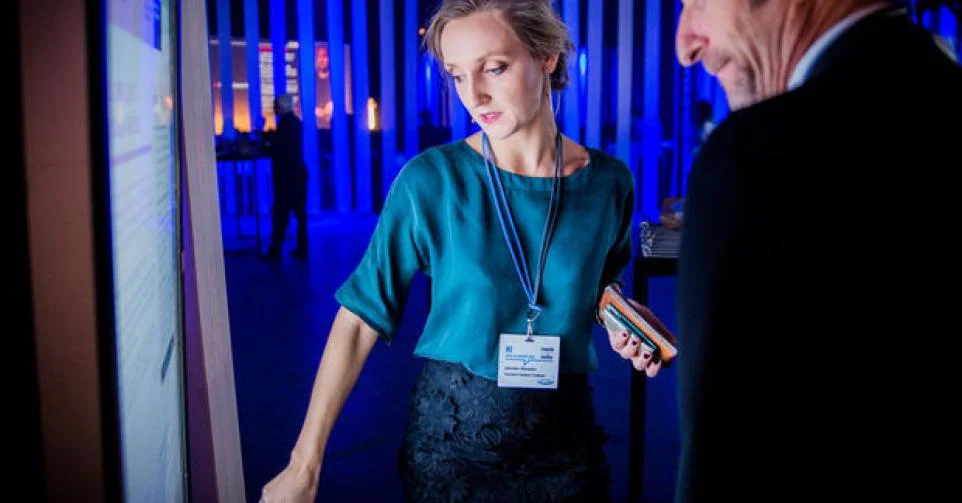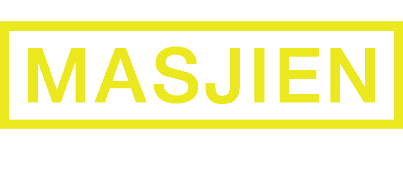Interview Knack Weekend: 5 questions for the sustainability expert
Interview with Jasmien in Belgian magazine Knack Weekend, written by Annelien Boens
In April we pay extra attention to sustainability at Weekend.be. We let some experts talk about their commitment to sustainability. Today we talk to Jasmien Wynants, project manager at Flanders Fashion Institute, who focuses on circular fashion and guides start-ups in the fashion sector.

Do consumers see that sustainable fashion is the future?
How important are fair trade labels?
‘Labels are important, as long as we can still see the forest through the trees. Websites like labelinfo.be therefore are very important in my opinion, because they give an overview of the different labels in the world of sustainability and what they stand for. There are many different criteria and yardsticks to measure the ecological footprint or to assess whether clothing is made in fair conditions.
Even if you, as a consumer, want to buy sustainably, it is unfortunately not so easy at the moment to know how to do it. A little tip here: the GOTS label is an international label for organic textiles and takes into account both social and environmental factors.’
How do you plan to convince people to choose sustainable alternatives?
‘By showing that sustainable doesn’t always have to be expensive and certainly not ‘unfashionable’. Look at JUTTU for example, the concept store of A.S. Adventure shows a wide audience that sustainable fashion is not a niche. In the online tool we provide a lot of inspiring cases in different segments and styles to show that it does exist.
Although we mainly want to reach the fashion entrepreneurs with our initiatives, we also give the consumers information on how they can contribute. For example, we shared some very concrete tips as ‘good intentions’ at the beginning of the year. Let’s face it, who doesn’t like to hear that it’s best to iron as little as possible?’

